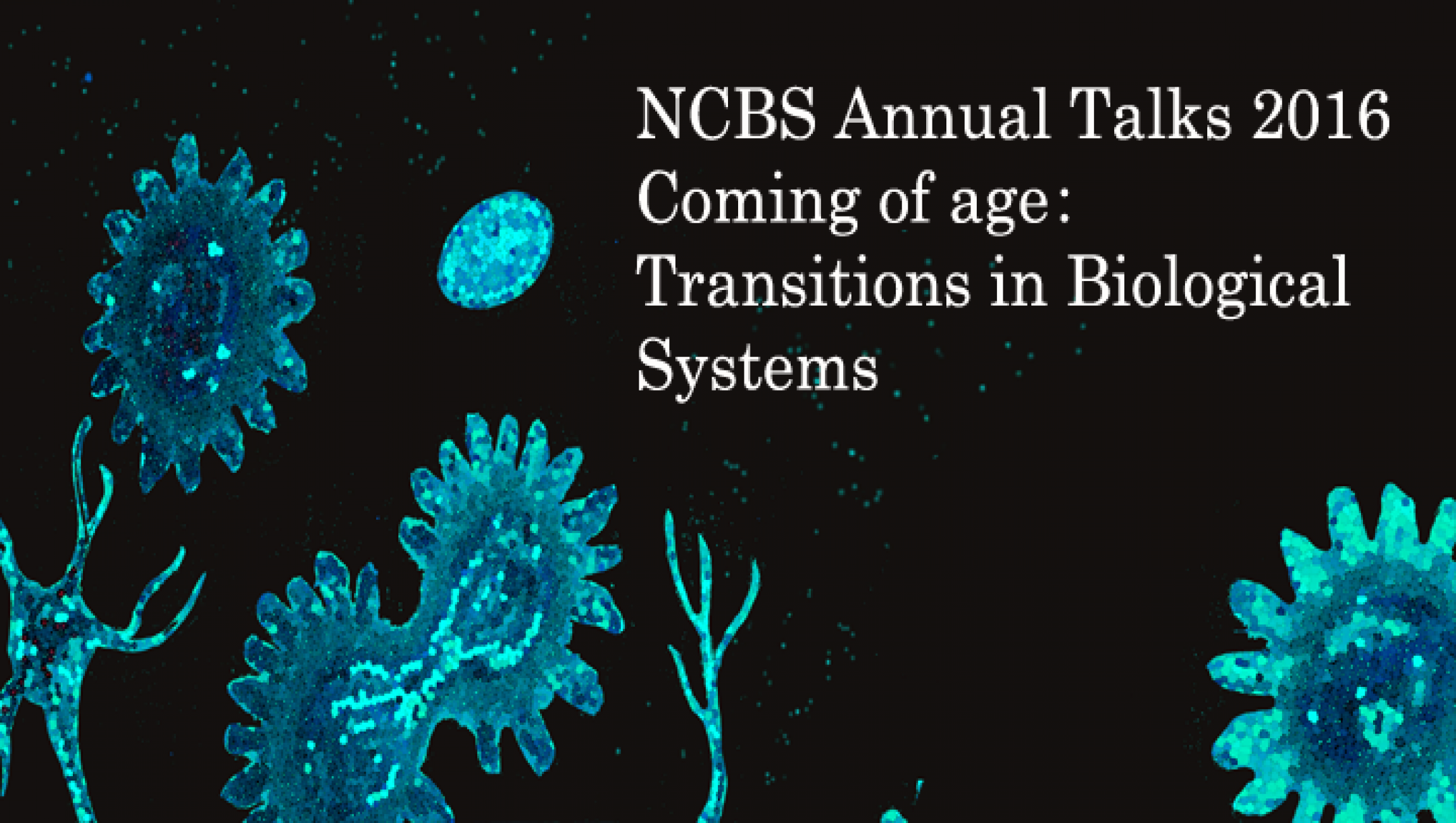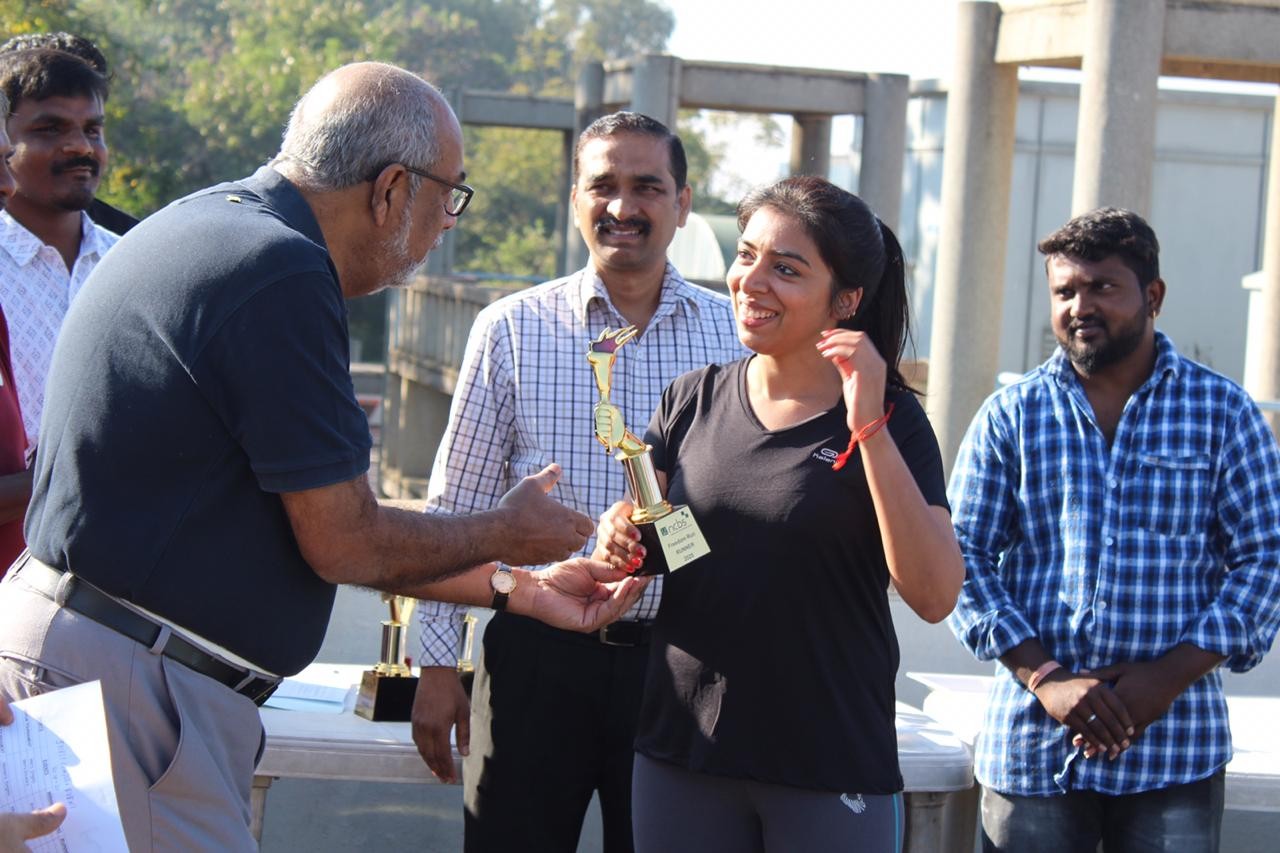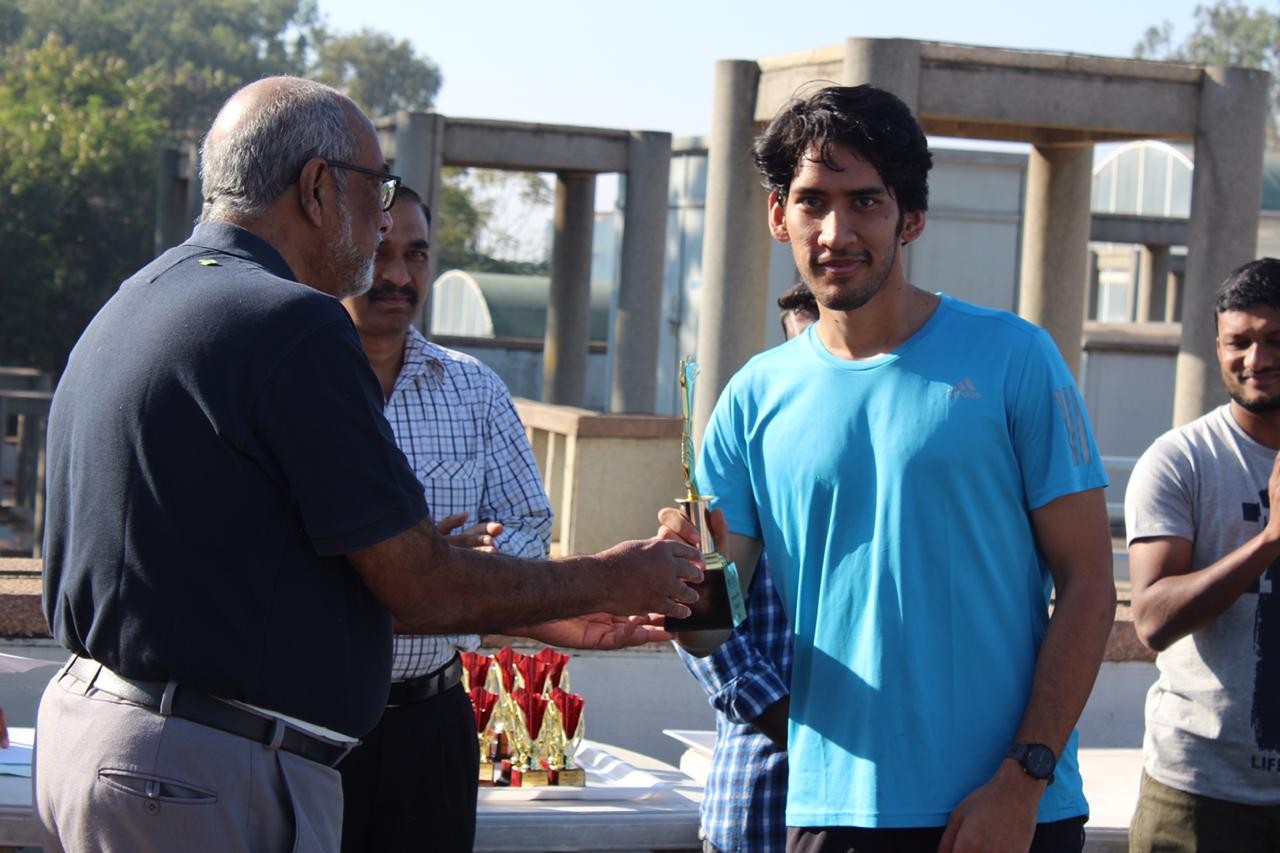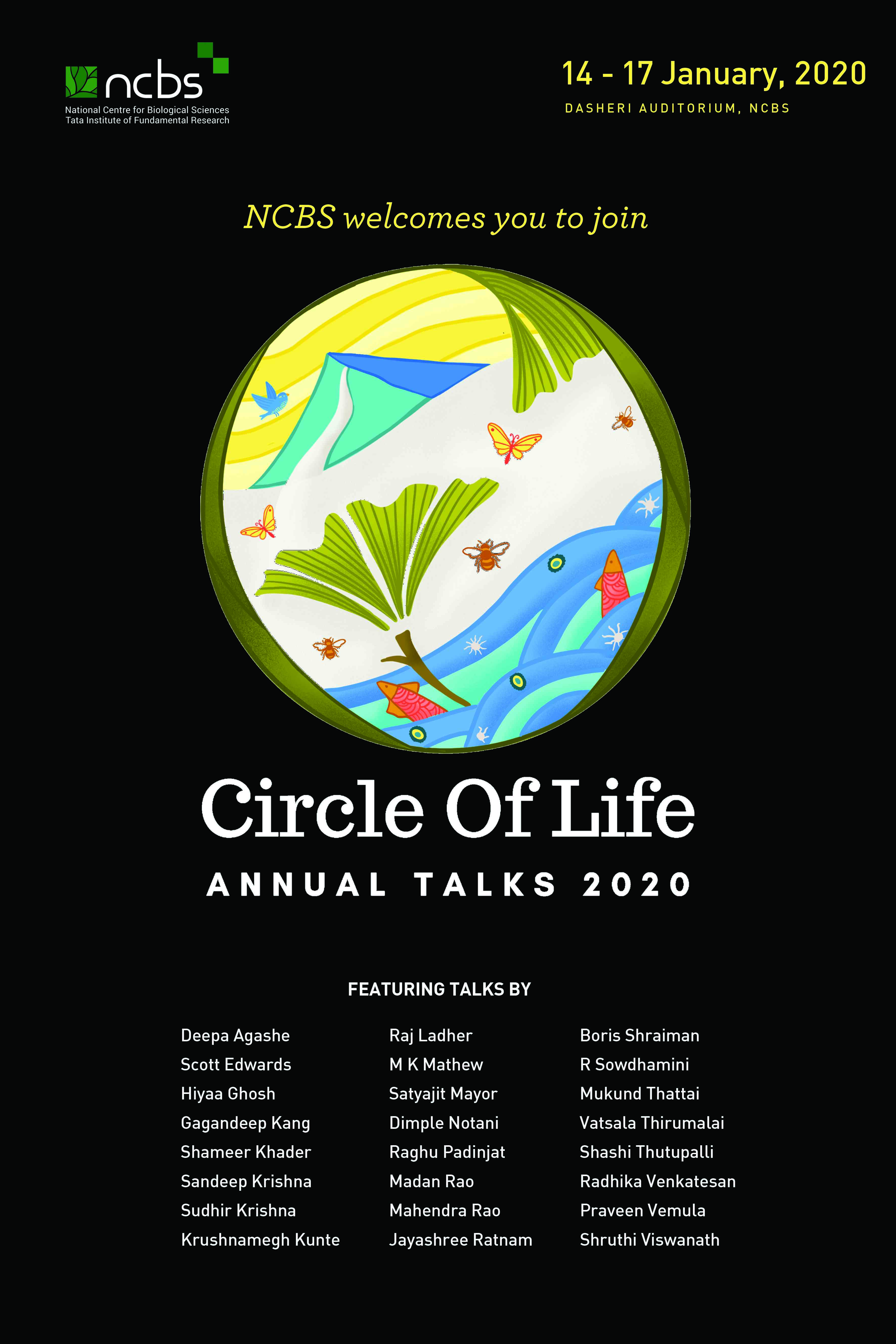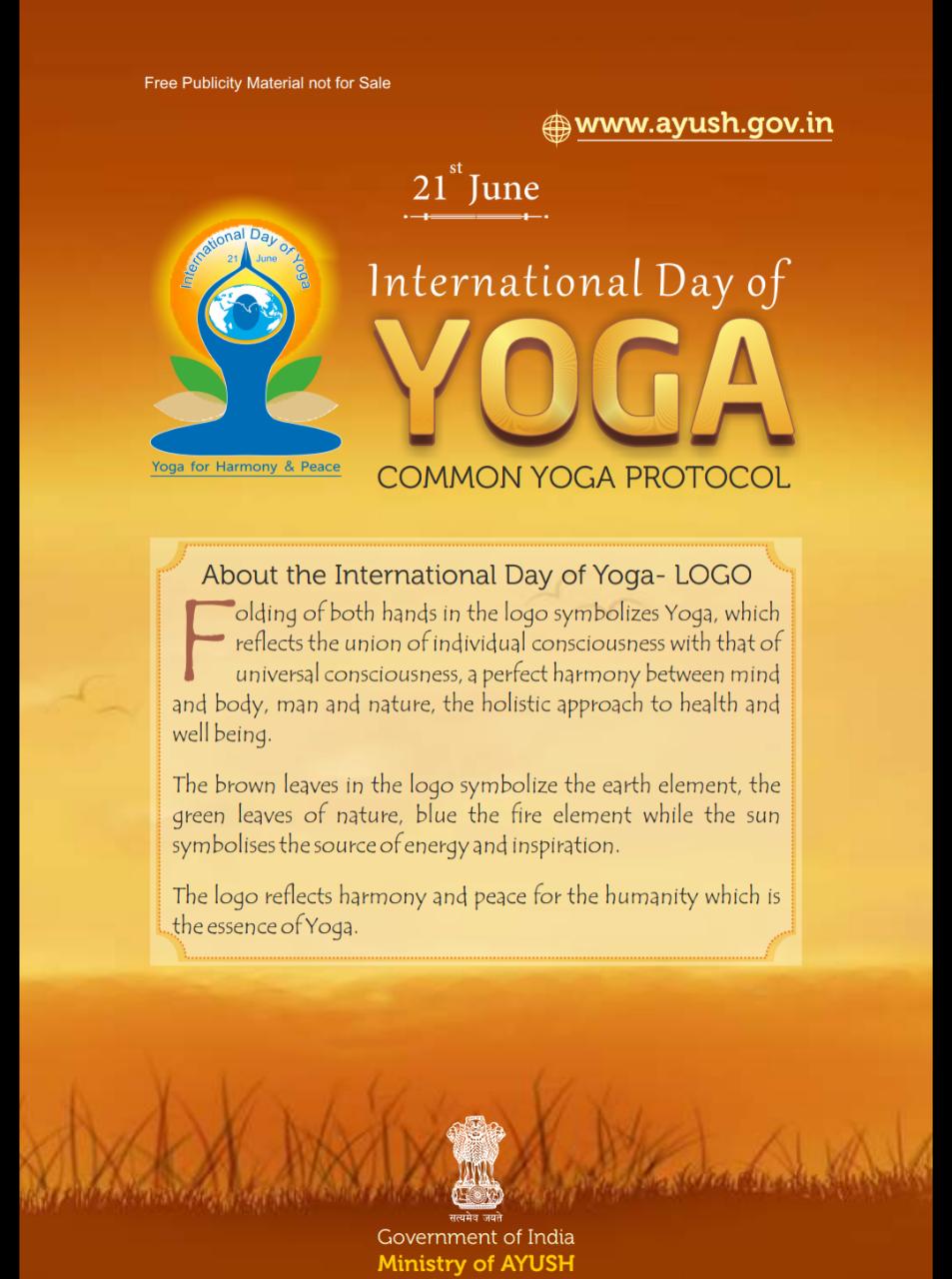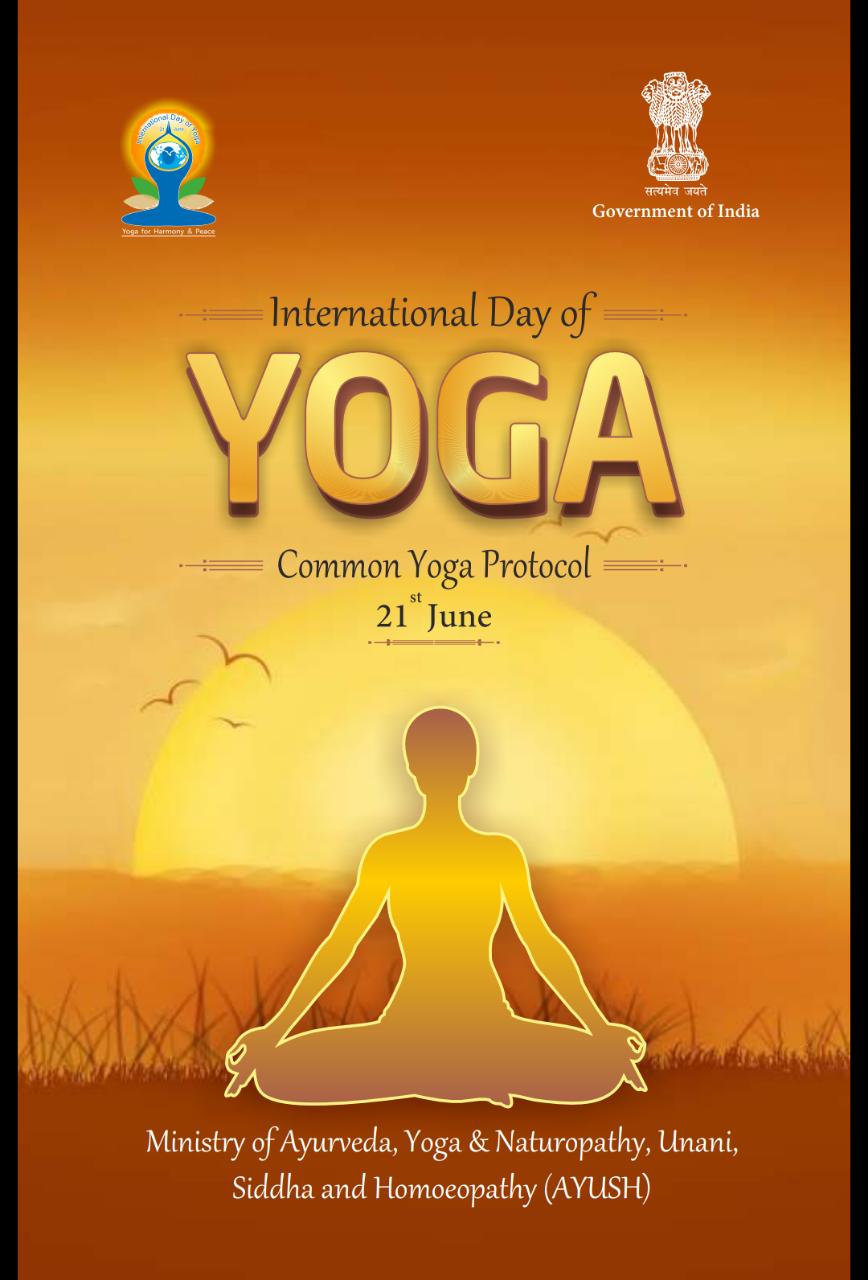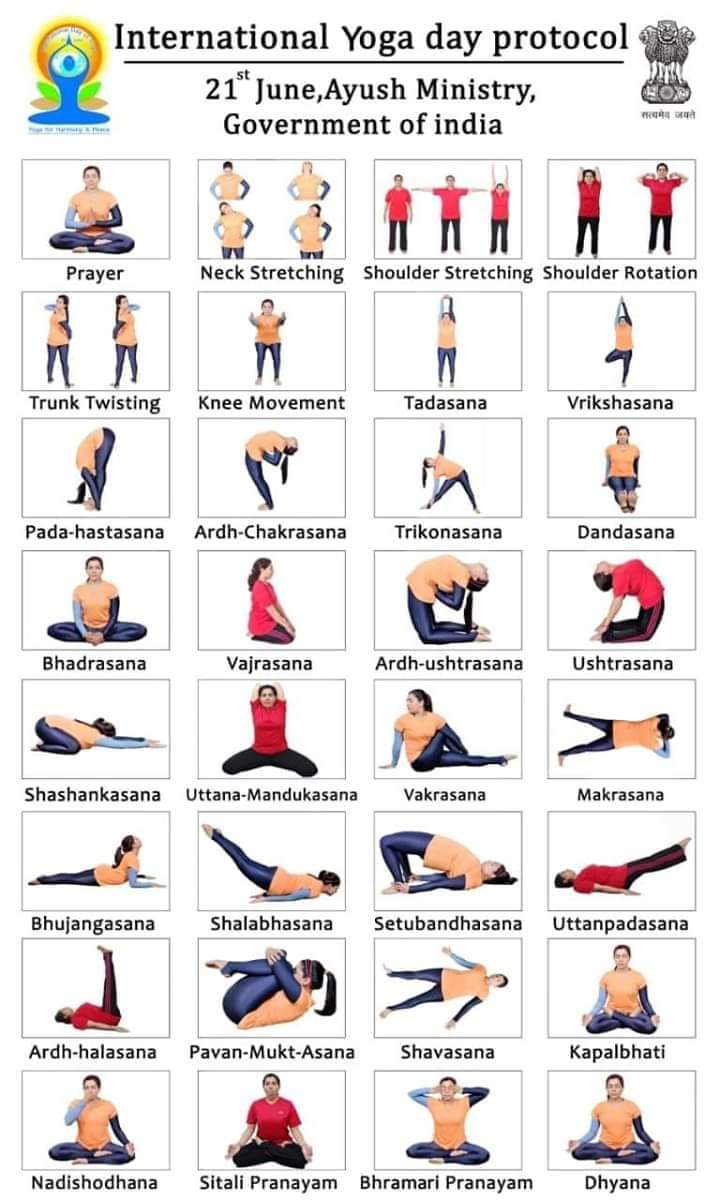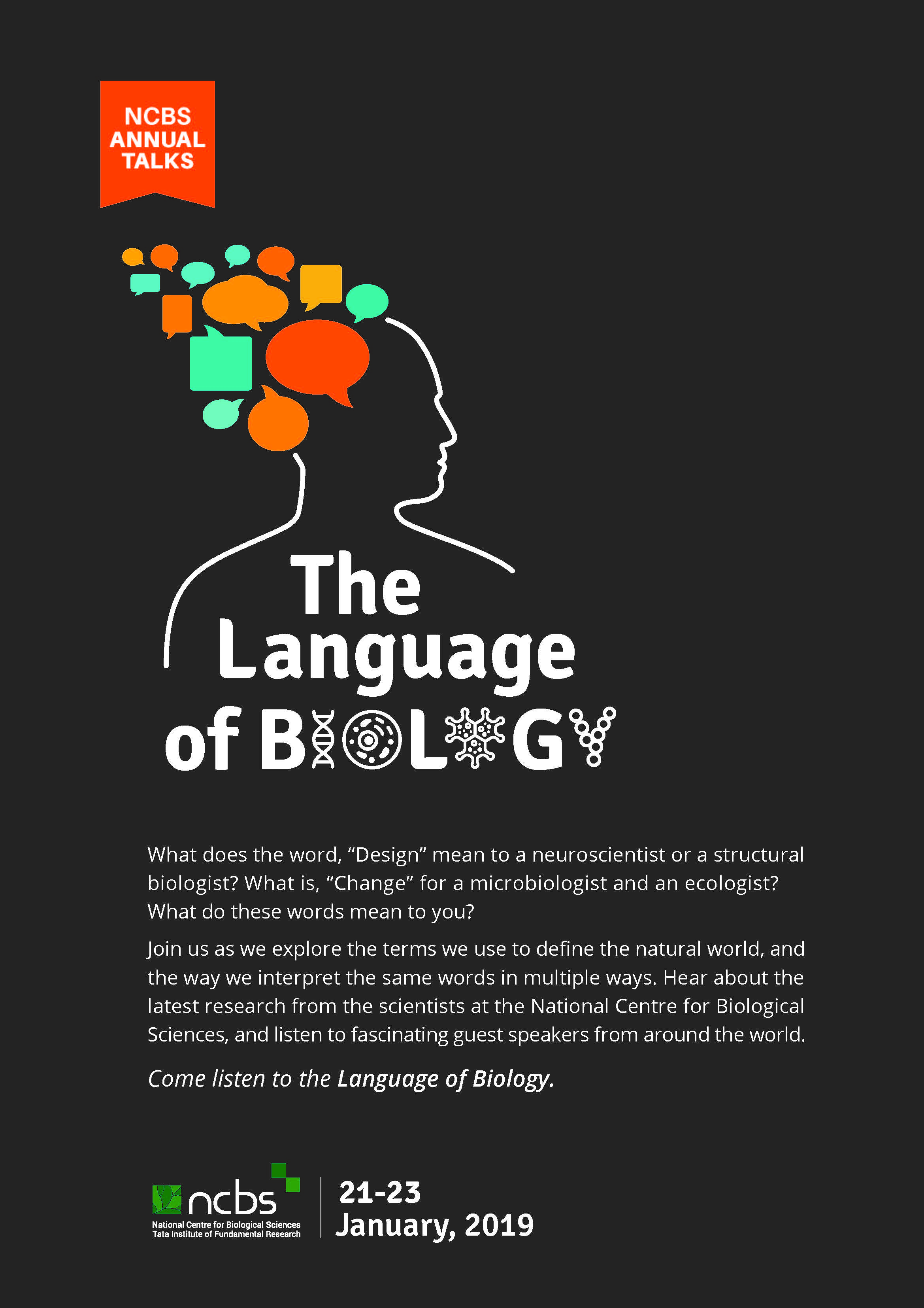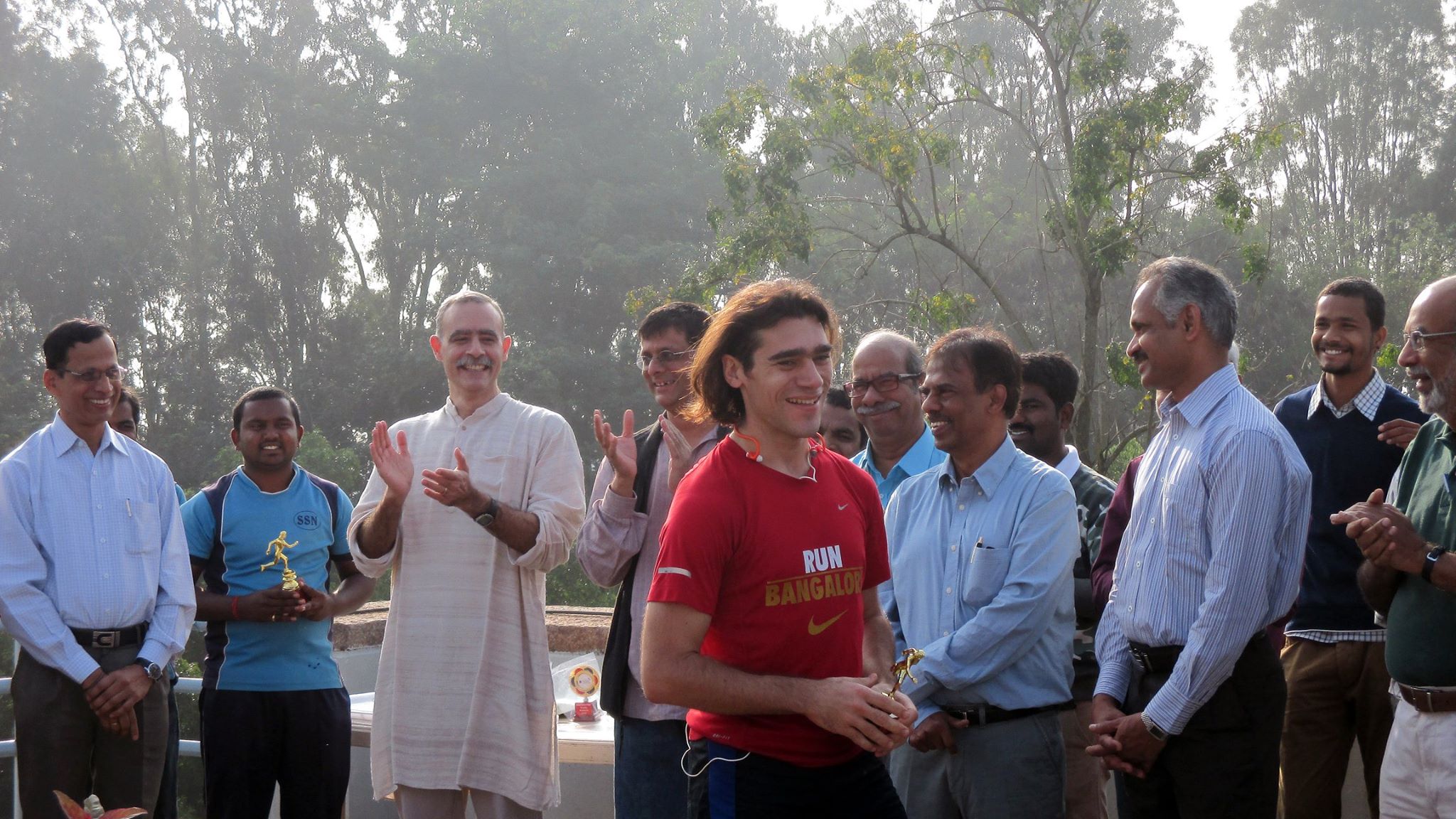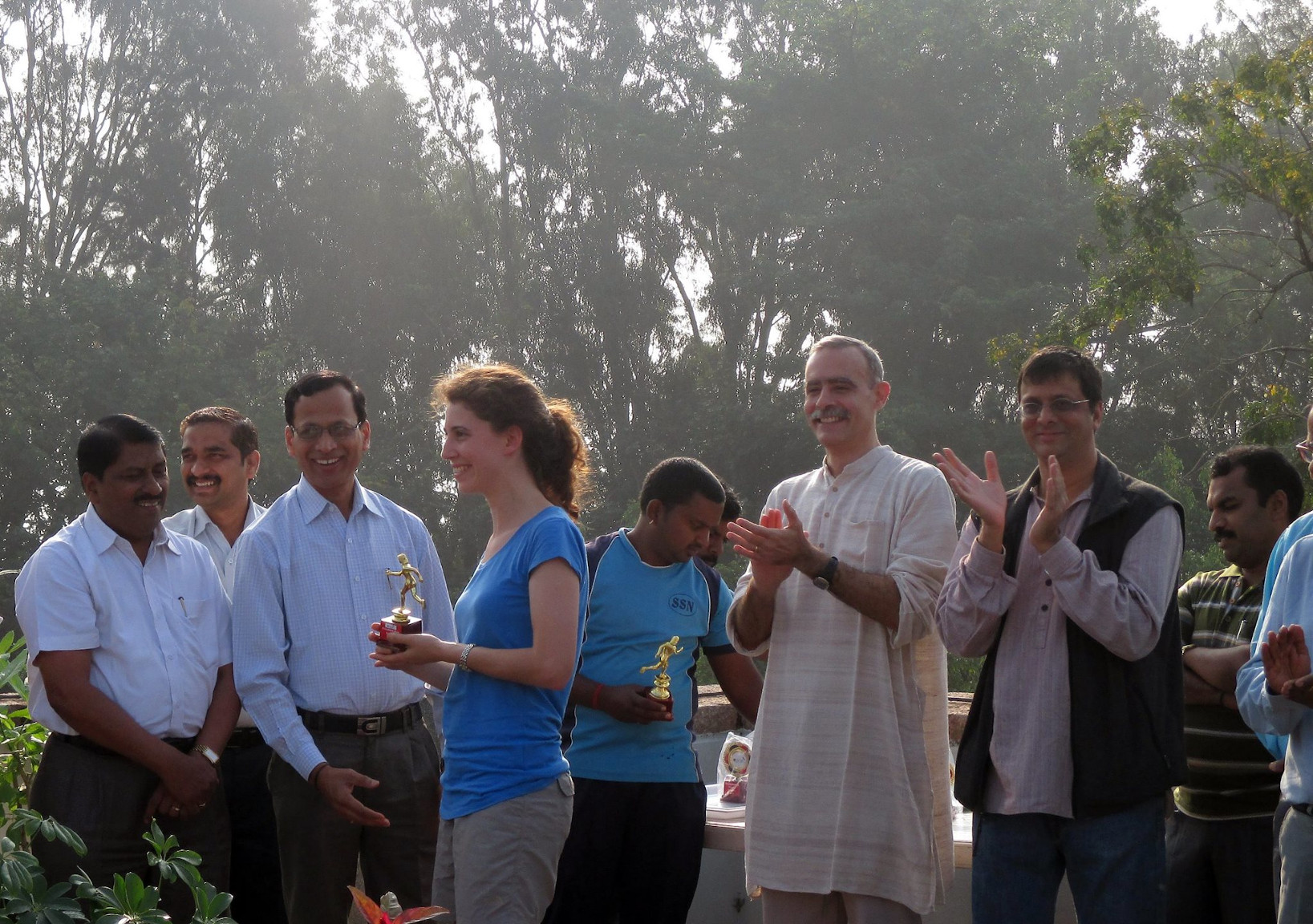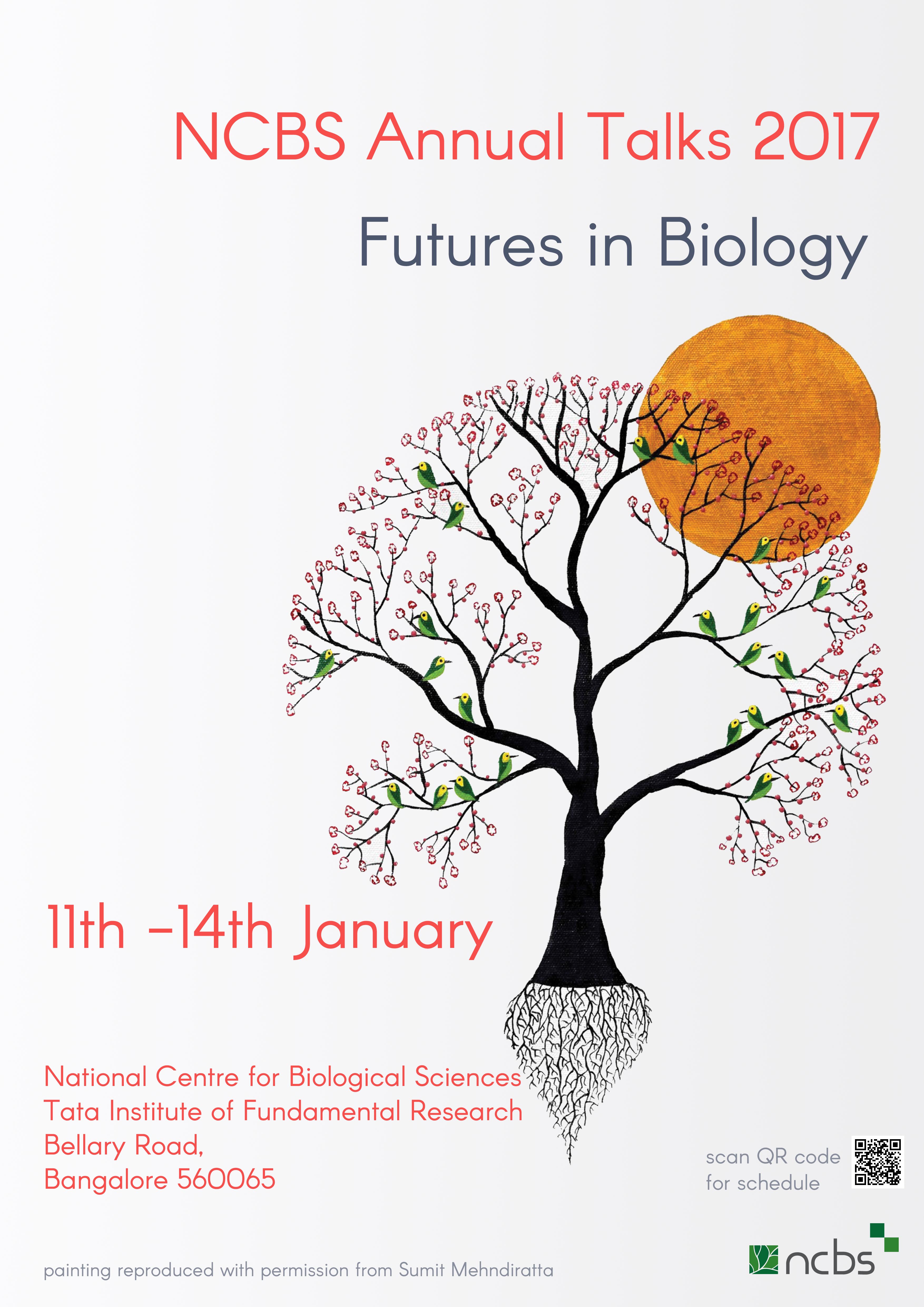NAAC - Annual Commemorative Events
NAAC - Annual Report Of Commemorative Events - 2018
1. Annual Talk
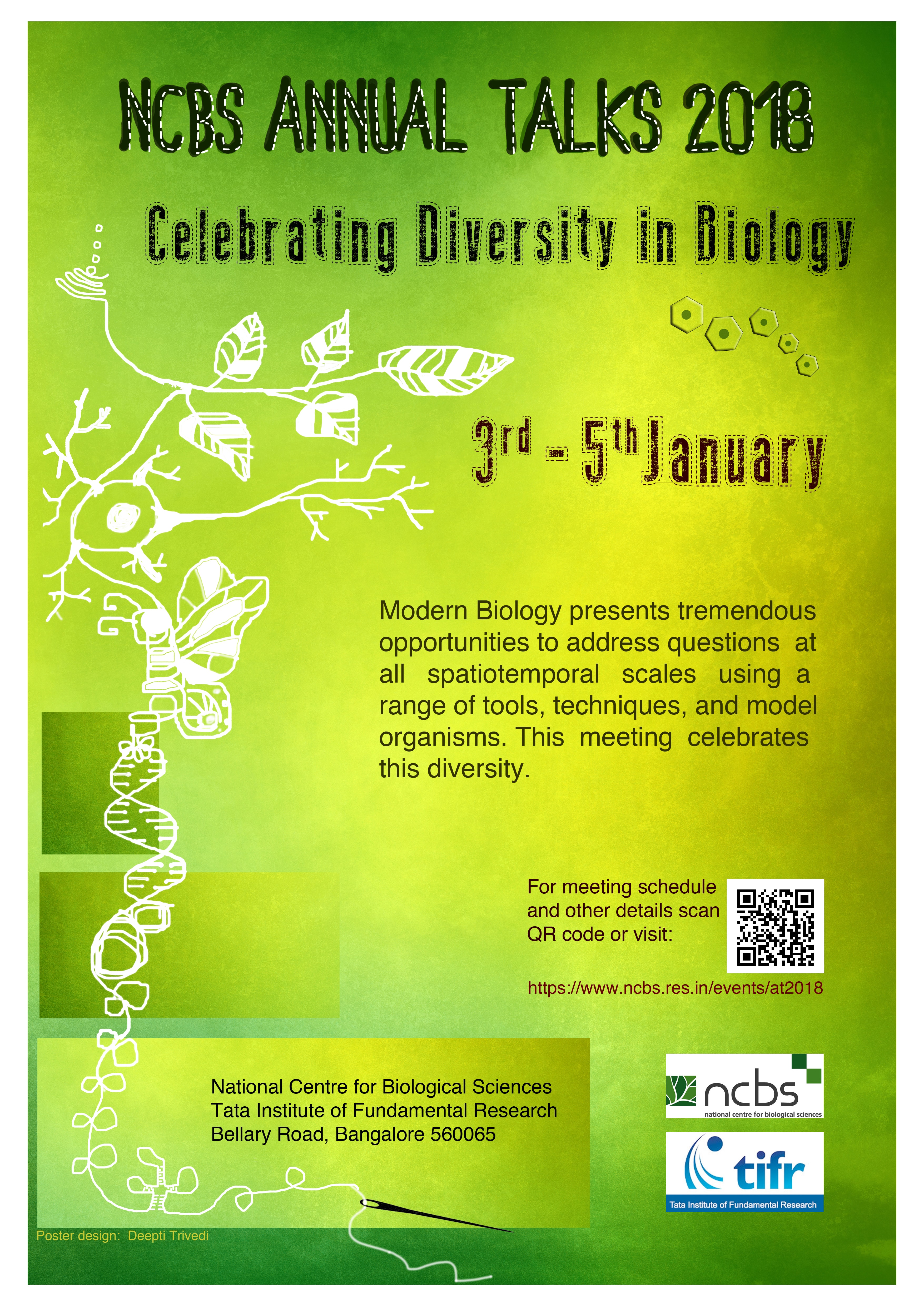
NAAC - Annual Report Of Commemorative Events - 2016
1. First Alumni Meet
Commemorative Event of Prof. Obaid Siddiqi - First Alumni Meet, Saturday, 26th March 2016
2. NCBS Alumni Meet
Looking back at the growth of NCBS, among our most visible and far-reaching effort has been the training a new generation of life scientists. Reconnecting with our alumni, now spread across continents, was a major highlight of our NCBS@25 celebrations. Some have made their mark in academia, others have moved to careers in education, policy, science journalism, conservation, or even as entrepreneurs and inventors.
On December 12th, 2016 we hosted our second NCBS Alumni Meeting as part of our NCBS@25 celebrations. We were very excited to welcome alumni from across the world, who had made an effort to attend this very special occasion. At this event Upinder Bhalla, the Dean of NCBS, spoke to alumni about how the campus has grown over the years, with the addition of new research streams, new experimental facilities, and field stations across India. Mr. Rakesh Godhwani of IIM Bangalore spoke about the power of Alumni Associations. We held a panel discussion on a path to a self-sustaining alumni group, one that would serve as a permanent resource for all its members. The alumni had the chance to visit the laboratories and campusfacilities, with the Buggy tour being a very popular highlight.
At the Alumni Meeting, we were proud to confer our first Distinguished Alumnus Award on Dr. Sudipto Roy, who spent the years 1993-1998 pursuing his PhD at NCBS. His PhD work, under the mentorship of K. VijayRaghavan, focused on muscle and neural development in Drosophila. He is currently a Senior Principal Investigator at the Institute of Molecular and Cell
Biology in Singapore. Through his research, Dr. Roy has made key contributions to our understanding of vertebrate development, especially on muscle patterning and more recently on cilia and ciliopathies.
Dr. Roy looked back fondly at his memories of NCBS in its earliest days, recalling: “If there was one thing that I were to remember most vividly about my time at the NCBS, it has to be the exhilarating experience of being part of an open lab concept, where students and postdocs from different groups and working with diverse aspects of biology, worked in a common lab and shared common reagents! Unlike many ambitious projects in India, which start off with great pomp and circumstance only to fizzle out rapidly, the NCBS has stood the test of time. In the past 25 years, the NCBS has established
itself as a premier research institute in Asia, whose mandate (thankfully) remains investigation into the fundamental questions encompassing all aspects of biology, ranging from molecules to organisms, all the way to evolution and ecosystems“ exactly as Obaid had envisioned all those years ago.
As a way to maintain links with our alumni, we have created the NCBS Alumni Card which gives a lifetime of access to our campus and its facilities. We have instituted an up-to-date database of over 200 alumni, and started along the path to constitute a formal NCBS Alumni Association. Our goal is to have active chapters of the Association across the world,
especially where there are large clusters of alumni such as in the US, UK, Germany, or Singapore. Members of the Association will have a voice in the future direction of NCBS as we begin our next 25 years of existence.
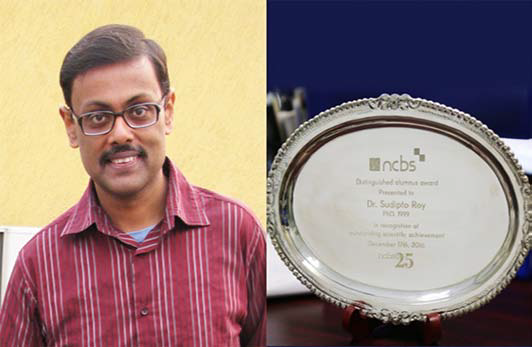
Dr. Sudipto Roy gets distinguished alumnus award during the NCBS Alumni meet.
3. Twenty-Fifth Anniversary Celebration
NCBS commemorated its Silver Jubilee in 2016 with a number of conferences, workshops, outreach initiatives and other events continuing throughout the year. The celebrations culminated in our customary Annual Talks, 11-14th Jan 2017.
The Science and Society programme at NCBS seeks to promote a public understanding of science framed with larger historical, sociological and philosophical perspectives, and to understand and engage with themes and perspectives of intellectual foundations, human dimensions and impacts of scientific and technological development, particularly in biology. To realize these goals, a number of outreach and educational events were performed. Celebration of the 25th year of NCBS began with an exhibition on history of NCBS and a panel discussion to remember the person, scientist and institution builder, Prof. Obaid Siddiqi. The panel discussion was led by Ramachandra Guha and included Prabhat Patnaik, Dunu Roy, Imrana Qadeer and VijayRaghavan. Together with this commemorative event, the NCBS Alumni association hosted its second alumni meeting to connect our sizeable number of associates spread all over the world. The meeting encompassed talks by distinguished Alumni, brainstorming sessions on alumni activities and special lectures by eminent personalities within India.
Second, over eight public lectures were held over the past year covering topics from the History of Science to the applications of neuroscience in the science/society interface. As part of our thematic lecture series/ book projects, we hosted three sessions titled Future of Nature, a programme curated by ecological historian Mahesh Rangarajan together with Jayashree Ratnam and Ajith Kumar from our Wildlife and Conservation Science Program. The series provided a view from a historian, social and ecological perspective of what we have done to our immediate neighborhood and our planet. Guest faculty Prof. Dhruv Raina from Jawaharlal Nehru University and Prof. Gordon McOuat from Kings College, Halifax, Canada also taught an introductory seminar course exploring the philosophical underpinnings of science and social science; the science and society relationship, the HPS approach (Situating Science), and transcultural perspectives of science and the non-west. The course was attended by participants from four different institutions across Bangalore.
On 22 October we celebrated Foundation Day, commemorating the date when formal orders by the Department of Atomic Energy were issued to convey approval and sanction of the Govt of India for setting up NCBS. The programme on this day included a public lecture by P. Balaram on “Reflections on the Birth of NCBS and the Evolution of the Biological Sciences in India Over the Past Four Decades”, cultural and social programmes organized by staff members and their family, and a Rudraveena concert by Bahauddin Dagar.
NCBS Foundation Day included cultural programmes by staff and students, a public lecture by Prof P Balaram and a Rudraveena concert by Bahauddin Dagar.
4. Annual Talk
Date: Thursday, January 7, 2016
The Annual Talks at the National Centre for Biological Sciences (NCBS) are yearly events that are eagerly awaited by the faculty members, students and post-doctoral scholars across campus. Every Annual Talk has a broad theme which encompasses the research that is presented and discussed that year. This year's theme is titled 'Coming of age: Transitions in Biological systems' to highlight in many ways NCBS's 'coming of age' as the institute turns 25. The Annual Talks are a time to pay renewed attention to what is happening outside the research world of individual groups and laboratories - to mingle with other teams, exchange knowledge, expect influxes of new ideas and introspect.
The event is an important one for the entire scientific community within this campus. Students are hard at work preparing posters, while faculty members are busy crafting presentations that can convey to a wide audience, the excitement and achievements of their teams over the last year, as well as the ideas planned for future work.
What to look forward to: preparing for a festive science experience
What do people look forward to at the Annual Talks? Firstly of course, there are the presentations by faculty members from the campus, which will be interspersed with seminars by various scientists from across India and abroad. This will set the stage for the research community here to bask in an atmosphere of scientific enquiry. One of the most important reasons for inviting experts in different fields of science from across the country and the world during the Annual Talks is to promote thought about the broader perspectives of each research group's work; to put their science in context with what is happening globally in their fields of study. Secondly, the Annual Talks provide scientists here the chance to strengthen old ties, and perhaps forge new ones in interdisciplinary collaborations. Finally, many students and post-doctoral fellows welcome the opportunity presented by the poster sessions to get fresh perspectives on their own work from the visitors and from others on campus who work on different topics.
On being questioned about what they look forward to most during the Annual Talks, students and post-doctoral fellows had a variety of responses. While many said that they looked forward to the stimulating scientific talks and lively discussions; one student summed up her expectations of the event as a 'carnival of science'; another was looking to enjoy a scientific 'mela', while yet another was expecting 'science and interaction in a festive mood'. On being asked what this year's theme - Coming of age: Transitions in biological systems - conveyed to them, there were a list of responses. A common answer to the question was that 'transitions in biological systems' conveyed the feeling of a move towards interdisciplinary research with more collaborations between the life sciences and the physical, mathematical and chemical sciences. One reply put across the interesting view that the 'transition' was similar to an 'evolution of thought' in biological research towards a combinatorial approach to solving problems. Another responder stated that the theme suggested a transition in thinking about different life forms not as individuals - for example, a host and a its microbial colonisers - but more as holo-organisms. Other replies communicated the feeling that the term 'transition' was thought of as a change of state or a change across scales. Altogether, the theme of this year's Annual Talks seems to mean many things to different people, with the underlying feeling of an imminent change in thought processes seems to be a common thread.
An interview with Sumantra Chattarji, an NCBS faculty member reveals that the Annual Talks are an eagerly awaited yearly event for him. "It is that time of the year when you get to hear about a diverse range of topics in a high-intensity, densely packed form, and can catch up on things you might have missed through the past year", he said. His comments on what this year's theme conveyed to him were very similar to students' interpretations, "For someone with a physics background, like me, who shifted to biology (I sometimes still think I am an outsider), I believe biology itself as a science has undergone major changes, and to address the most daunting questions in this field now requires a natural integration of multiple disciplines. There have been transitions in the questions asked, in the way they are answered and the people who work on those questions. I see a lot of input from theory, computation and engineering as tools in biology; for me, that is the greatest transition." Shashi Thutupalli, the newest faculty member to join NCBS smiles when questioned about his expectations for 'the carnival of science at the annual talks'. "Well, it is a celebration of science, is it not? I am looking forward to these talks so I can learn about other groups and get a larger view of the science here", he says.
NCBS turns 25, a 'coming of age' for the institution
The theme for this year's Annual Talks refers not only to the coming of age and transitions in the field of biological sciences; it is also a gentle reminder to all that NCBS turns 25 this year. MK Mathew, who has been with NCBS since its infancy, has a tongue-in-cheek comment about this milestone, "While NCBS may now be Too Big To Fail, there was a time, perhaps most pronouncedly before NCBS came into formal existence, when some folks were a trifle sceptical of the Centre actually materialising. 25 years may well have been considered a Bridge Too Far".
Jayant Udgankar, another stalwart of NCBS ends his piece on 'The early NCBS manifesto' in the Annual Talks brochure with the words, "The most meaningful way for NCBS to celebrate it 25th year would be to produce its scientifically most exciting publications so far". Sumantra Chattarji, who describes his entry into the ranks of NCBS investigators as part of a 'second wave', recounts the transitions he has seen here from the time he joined till the present, "One, there has been a good influx of people from engineering, physics and computational backgrounds who have brought in valuable tools to biological research; two, we now have an Master's program in wildlife, and more recently, the chemical ecology group which fill the much needed niche for ecological sciences; three, we have brought mathematicians and theorists into biology through the Simons Centre; and four, we are now working to bridge the gap between basic research and clinical medicine on a large scale". Gaiti Hasan, another faculty member at NCBS who has seen the institute through its 25 years, sums up its growth in an apt sentence, "NCBS over its quarter century of existence, reminds me a bit of a kitten morphing into a tiger."
